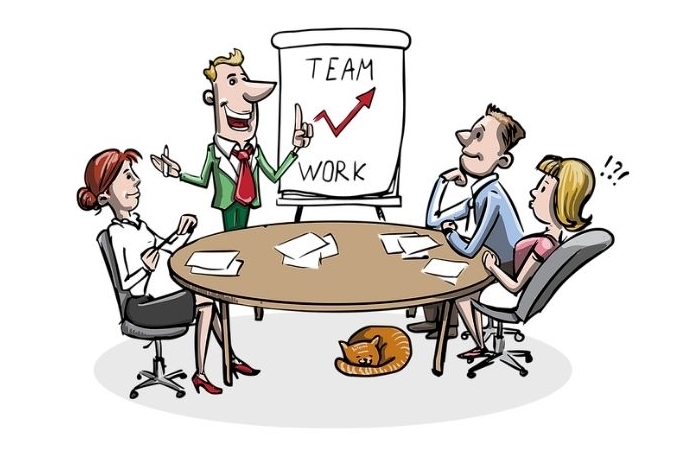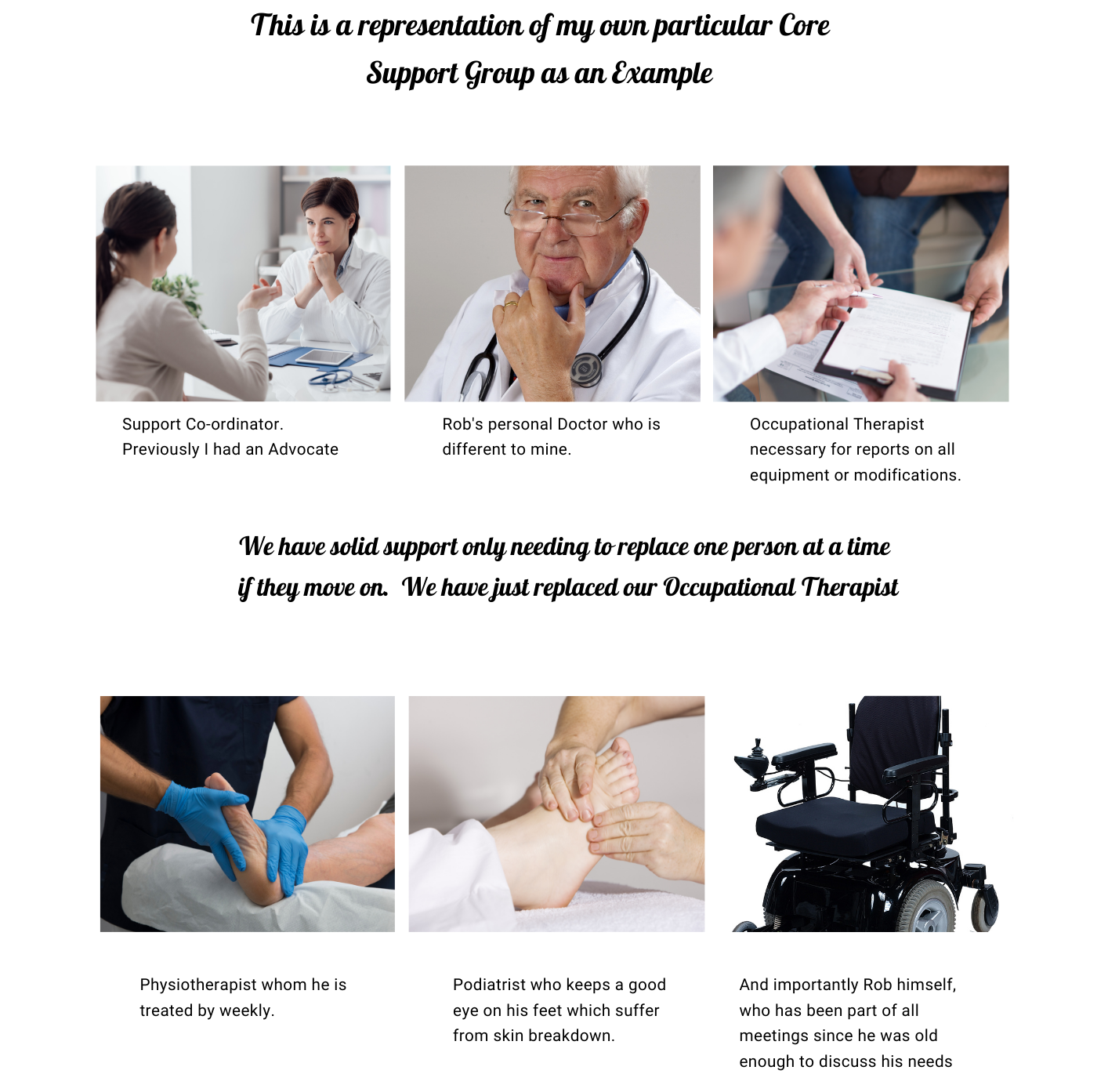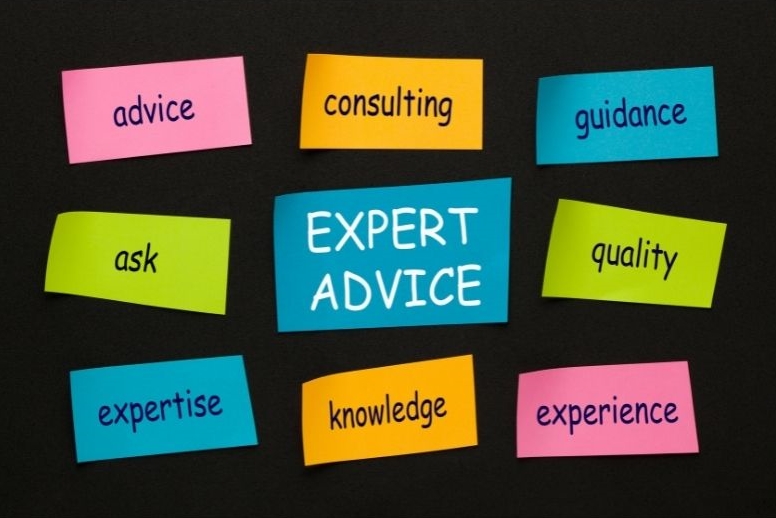Developing a Working Relationship with Your Core Support Group of Professionals
Caregivers will encounter many hurdles and unexpected twists and turns during their journey. In some cases a journey lasting many years. The sooner you build a Core group of professional support personnel the easier that journey becomes. No one person can know everything and that includes your primary support which is most likely your family doctor. If you are caring for a loved one in an ongoing capacity their needs will be many and varied. Medical will only be one aspect of those needs. There is physiotherapy, speech therapy, schooling, daycare, dementia specialists and the list goes on and on. It is up to you to decide which professionals you need on your team, the family doctor being just one.
Think of yourself as the Chairperson of your core group of professionals. Together they will combine their expertise in order to help you negotiate the path forward. They can share with you their knowledge and years of experience in their relevant areas but none of them alone can create a complete plan for the years ahead. You need to draw on each expert's advice, research, and then create that plan yourself. It can be an intimidating role to take on but there is no way around it. Becoming a caregiver brings with it the responsibility for someone else's life. Others can walk away if they give you advice that doesn't work out. You cannot. It is in your own best interest to take this role seriously indeed.
As we have all experienced, some professionals have an innate belief that their years of schooling puts them in a higher category of authority than your regular Joe. Some people in authority believe that you, as a naive unqualified person, should defer to their opinions and do as you are directed. Heaven forbid if you should disagree or question and at first, you will be intimidated and feel out of your league. Time and practice will cure that though so don't back away.
Professionals are there to help you with the best advice they can give. Some people in authority though will cut you loose and refuse to keep you as a client if you question or seek other opinions. You don't want such people on your team so don't feel unhappy when you encounter one. There are plenty of really good professionals out there who will be great assets to your team.
The Core group of professionals I have on my team has changed many times over the years. When Rob was young the school principal was part of my group. His Integration aid another. They no longer feature, to be replaced by a worker to do community access, more physical therapy, and needed support in other areas. In all, I have 6 people to give advice when required. You will be constantly changing people in your group because of suitability, them changing jobs, different needs arising from medical issues, and many other reasons. It isn't really an issue once you have most in place as if you have confidence in the people on your team, vacancies are easily filled by referral. Someone within your team will know just the right person to include. Your team will be on the same page and so will therefore recommend those they feel appropriate.
Page 31 in the workbook gives a breakdown of the professionals in my team.
Page 32 discusses the role of the advocate. Someone you definitely want on your team in the early days.
Hopefully, you are feeling confident about your Core support team now, after implementing the previous strategies and finding people who are on the same page. Getting your group in place is just the beginning, however. But don't panic. You are well on your way to showing your team members that you are capable of sourcing information, asking questions, and listening to their answers. In turn, this will give them confidence in your ability to implement their advice and put forward your goals in a concise manner. As is always, communication is key to success.
Be patient though as gaining mutual confidence and respect will take time. Eventually, the benefits will flow as you will find yourself able to walk into a consulting room with a clear goal or definite idea about the support you may require. Instead of sitting across the desk from a therapist, hoping to be given a viable solution to an issue you haven’t been able to clarify openly, you will sit across the desk from the therapist with a couple of options you have decided might work, and will be asking them if they can make it happen through their contacts or knowledge of services. The freedom from stress this will give you cannot be understated.
So how do you get respect from those who you seek help and support from?
Do your research and write down what you want to ask at a meeting.
If it is early in your role as a caregiver you will have talked with your Advocate and discussed those questions.
Don’t argue and dismiss the information you are given. Simply write down the answers and discuss them with your Advocate after the meeting. Any discrepancies can be discussed at the next meeting, along with the researched information you have found to back up what you want to say.
Present your researched information quietly as if you are asking for the professional's input and ideas, not as if you are a smarty pant who knows more than they do.
When it comes to finding services to help you with respite, gaining a new skill for personal development like studying as I did, or getting a second opinion about therapy, know what it is you want, and ask for the help of your support person to source that needs. When I wanted to do some study and had no idea where to start, I actually spoke to Rob's doctor. I told him I really thought my ability to cope with Rob's disability would be enhanced if I could feel better myself as a person. If I could get into University and study from home I would fulfill a personal goal. He trusted my understanding of my needs and wrote a glowing reference which I truly believe got me accepted into the school. If you don’t know what you want, you can’t ask for help to achieve it, and therefore never will achieve it.
Taking a loved one to a physiotherapist weekly will see the therapist go through the usual routine, fulfill a requirement, and keep a few muscles working. But if you have a conversation with your loved one if they are able, ask them for an out there goal, and decide what you need to do to achieve it, you have something more to discuss with the physiotherapist. Rob has been stuck in his wheelchair for 37 years. He really had no interest in doing anything to improve his strength until he saw a wheelchair athlete lifting weights. I said I reckon you could do that too. He had just one word. How. So we told his Physiotherapist Rob would like to lift weights. The physio kept watching how much he tried to lift. The visits to the gym became more frequent and the twisted hands got stronger. The Physiotherapist helped Rob find the gym, kept a close watch on his development, and took over the encouragement to relieve me of that task. Now it is Rob asking to go to the gym. Not us convincing him he can.
Discussing possibilities, and knowing what you want, gives therapists an opportunity to offer alternatives, or consider possibilities you have yet to learn about. You help them get more involved knowing you will carry through and put the time needed into a new strategy. Most times they will see people who want an answer from them, rather than having the answer and wanting help to achieve it.
Be open-minded. It can be of great detriment to stubbornly stick to an opinion and refuse to listen to different points of view. If you act this way a therapist will not trust they can speak freely, and your communication will break down. If you don’t agree write down why, source some information, and discuss it next time you meet. It could be that you end up teaching them something new.
Never bag out one therapist to another. It will surely get back. If you really believe one of your groups is not on the same page, perhaps it is time to change them out. You are the one constant in the group and the one who must feel happy with the dynamics.
A very important part of your role is to provide positive feedback when a strategy works well. Always offer your appreciation when someone comes up with an idea that relieves you of stress.
If you can put the above points into play when meeting with people in your support group, you will find they will go out of their way to help you solve issues that arise.
You will also be cultivating an environment where one therapist will feel confident in talking to another about how they can each work together. Of course, you will have made it known that this is one of your goals.
I have had instances where one person in my group had a contact known to them, who they thought might be of help to another in my group. Simple collaboration, but with powerful results.
We will revisit our Core Support Group later as it is one of the most important subjects you need to embrace.
Read through pages 5-12 in the workbook and start to write down some of the answers to questions you feel strongly about. This is for your eyes alone. It will help you put your thoughts into perspective. There are no right or wrong answers. There is only knowledge and awareness.


